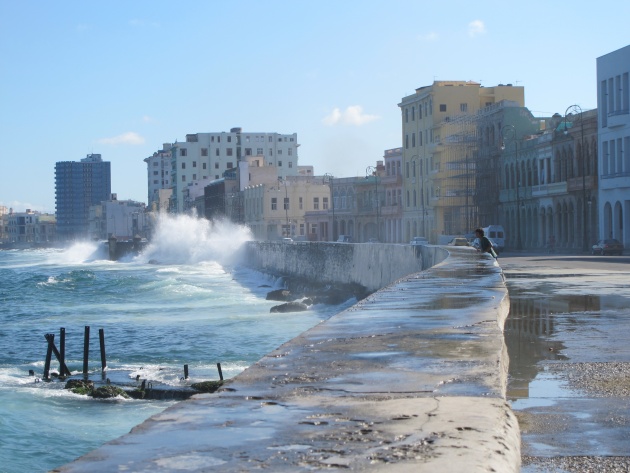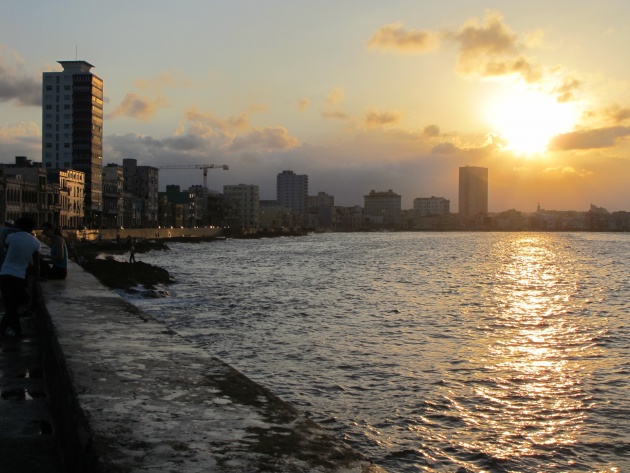
For more than 50 years the Cuban population has been denied affordable access to an extensive range of products and services, including a wide variety of medicines commonly found in most other countries. Because of the embargo imposed by the US, Cubans also experience restrictions in exporting their goods, with a damaging impact on the development of their economy. Most of the reasons - or excuses - the United States imposed this policy on Cuba are now ridiculously outdated, and represent a blatant example of a violation of human rights.
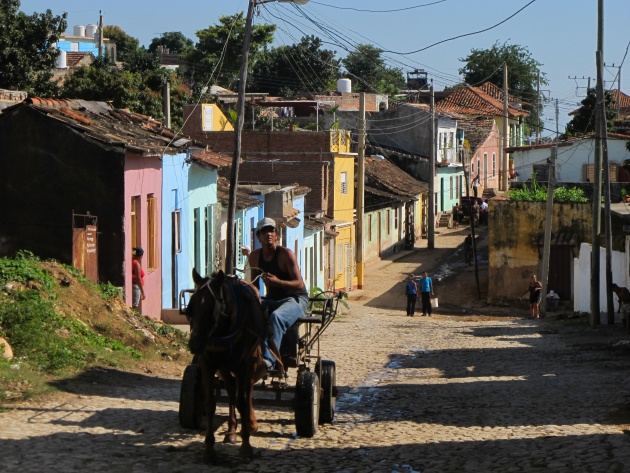
Intended as a tool to weaken the
Castro regime, the embargo has only affected the civilian population, denying Cubans goods and services they desperately need. Only free-trade has been proven to accelerate the democratic progress in countries administered by dictatorships, while isolation tends to maintain the tyrants in power. In addition, the
Cold War was over a while ago, and Cuba hasn't been a "threat" to the US for decades. If this weren't enough to dismantle any justification of the embargo, the US is wasting an unprecedented opportunity to boost its economy, as Cuba would become a lucrative business partner and create thousands of jobs nationwide. No matter how you look at it, the embargo is a heartless and unjustified policy condemned across the globe, and is only damaging the reputation of the United States.
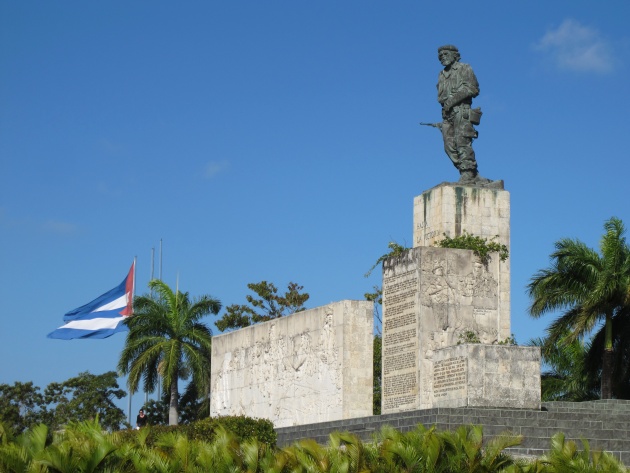
With
Raul Castro taking a leadership role in 2008, Cubans have started experiencing some changes, but many doubt their significance. For instance, Cubans are now allowed to
buy some foreign-made and used cars from each other, and can travel abroad; however, with a salary among the lowest in the Americas,
how could they ever afford such expenses? In addition, the Cuban government has passed a legislation making it
easier for private entrepreneurs to loan money; however, with the embargo limiting both quality and quantity of businesses, it's often inconvenient for Cubans to invest their lifesavings.
Fidel might have left the political stage, but
his 87-year-old presence is still vividly felt among Cubans, including the current administrators.
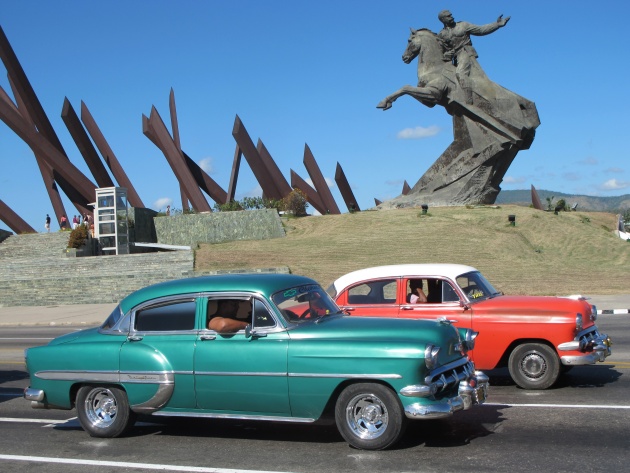

In no way I want to justify the violations of human rights perpetrated by a regime that has been repressing its citizens for more than 50 years, limiting their freedom and individualistic aspirations. Cuba is still theatre of social injustice, and I would be unfair if I failed to mention that
people are still being currently intimidated and incarcerated for speaking out against the regime's totalitarian policies. Nevertheless, the embargo is not the answer - and neither the cure - to the oppression carried out by the Communist rulers; and it makes me happy that the world is finally coming together to condemn it.
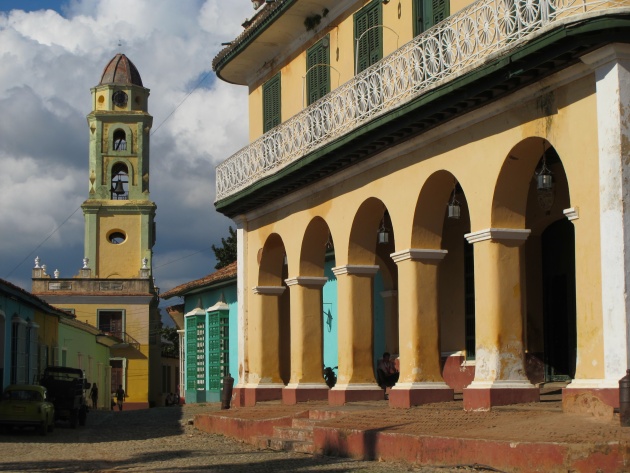
Last month the
Dutch Foreign Minister advocated for a less restrictive policy on Cuba, and was soon followed by a committed effort of the
European Union to change attitude on its relations with the Communist regime. We are still light years from a formal annihilation of the embargo, but if more countries around the world started making pressure on the US, maybe its position would start to crack. Also, if more people around the globe wrote
social media blogs and joined a
social media campaign against the injustices of the embargo, maybe the the future US administration will change its stance. If more individuals used their
social media network strategies in a contest of
communication without borders, maybe this unnecessary policy will come to an end. Do you want the US embargo on Cuba to be over? This is your time to tell the world.
If you have missed my previous articles about this topic, please read below, and feel free to share them on your social media network. Thank you.
* * * * * * * * * * * * * * * * * * * * *
If you want to write blogs but are not registered with Film Annex yet, REGISTER HERE and start your journey. You will be joining a family of writers coming from all over the world eager to read your stories. Writing on Film Annex is very easy: just click HERE and start your journey. As soon as you register, SUBSCRIBE to my page on Film Annex: you will be earning money in no time! :-)
If you are already writing on Film Annex, tell your friends to REGISTER HERE, and suggest that they should read this article: it will show them exactly what they need to do to write good blogs and be successful on Film Annex.
Would you like to know me more? Watch MY INTERVIEW WITH FILM ANNEX, and learn my opinion about SOCIAL MEDIA and DIGITAL LITERACY around the world.
Giacomo Cresti






